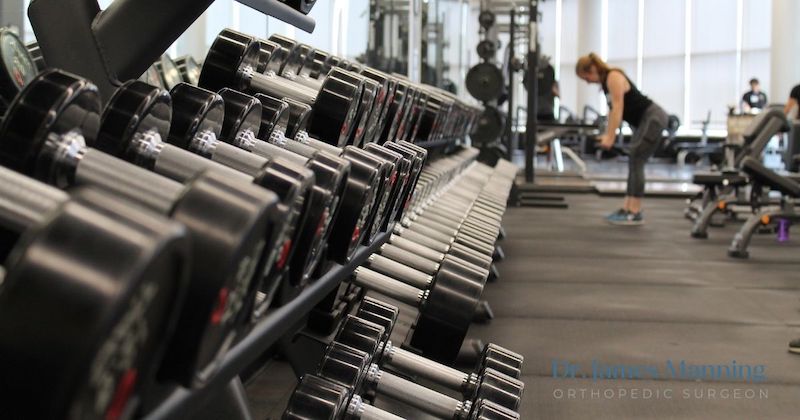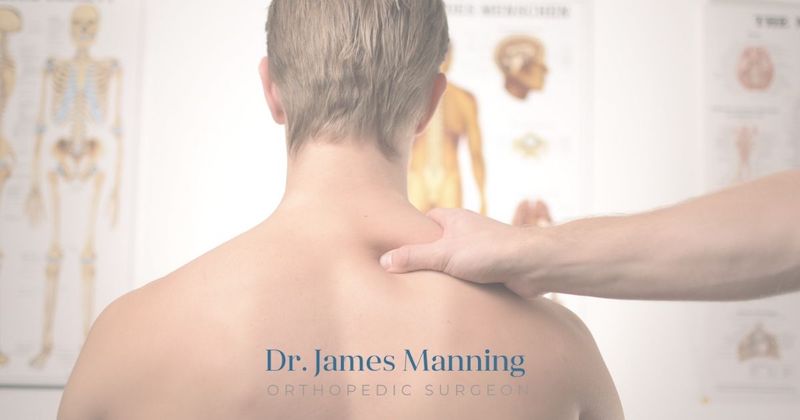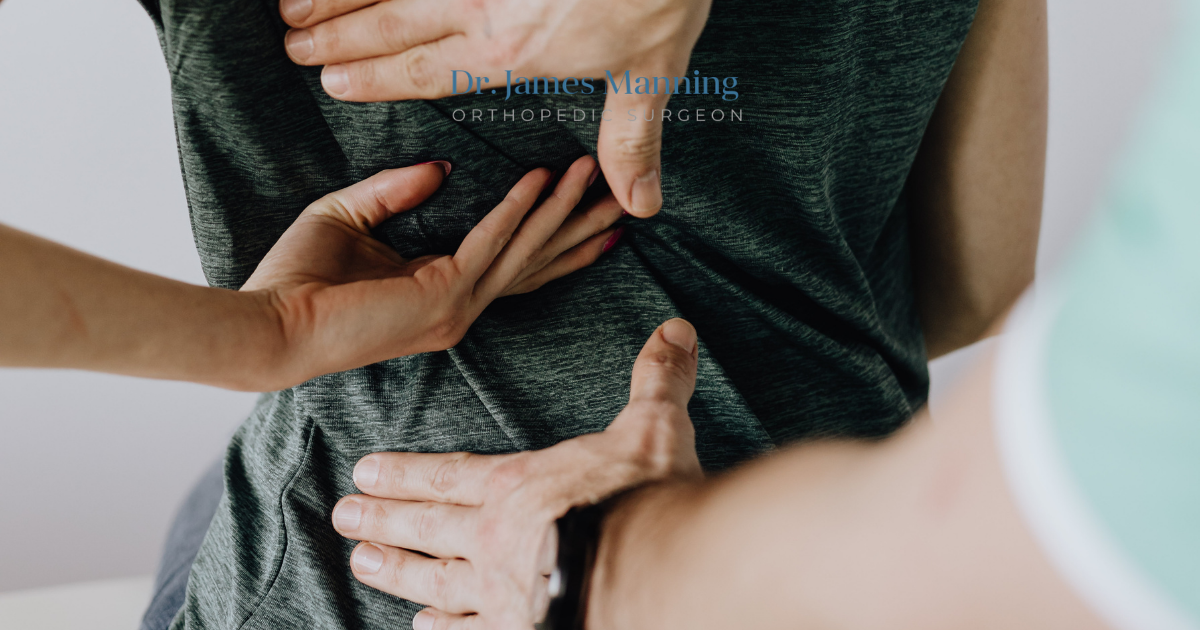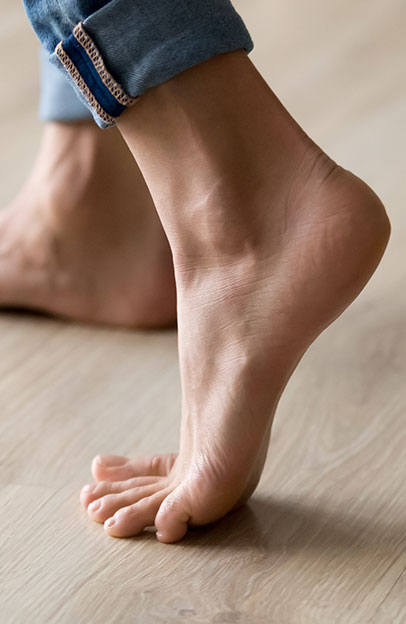Low Impact Exercise Tips from an Orthopedic Surgeon
Starting an exercise routine can be intimidating, especially when you have never planned a workout regimen before. You know the cliché, “Rome wasn’t built in a day”—well, neither was your body. It is completely okay to take your time and ease into exercise. You do not want to strain your body to the point of injury, which is why low impact exercises are so great. Low impact exercises are easier on your body because less jumping and jolting means less strain on the body. Low impact exercise also allows you to focus on how your body feels at your own pace. The beautiful thing is there are plenty of exercises to choose from based on your likings.

When to Be Worried About Shoulder Pain
Did you sleep on the wrong side of the bed or is your shoulder pain something you should be a bit more worried about? Your shoulder is a ball and socket joint that is the central connection for many muscles and tendons. A lot of the mobility of your arm comes from your shoulder. Activities ranging from throwing a ball, swimming, to waving hello to a friend all involve this joint. Shoulder pain can be caused by overuse, muscle strain, or more serious injuries that require in-depth treatment or even surgery. There are signs you should be aware of, such as persistent pain, that tell you when you should consult a doctor for a diagnosis and treatment plan.

Avoiding Fractures Later in Life
One of the leading causes of disability in elderly people revolves around fractures later on in life. As we age, fractures become more likely due to general weakness and brittleness in the bones or the loss of calcium, known as osteoporosis. Similarly, our surroundings, habits, activities and general health can all play a part in the likelihood of a traumatic situation such as a fall. As we age, recovering from a fracture becomes more difficult – therefore prevention is key. In this blog post, we offer some concrete advice on how to prevent fractures and minimize the chances of a life-changing injury.

Vitamin D and Bone Health

It’s amazing to think that upwards of 40% of Americans are deficient in vitamin D, yet this hormone (it’s not actually a vitamin) is critical for keeping bones and muscles strong and working the way that they should. Vitamin D is, in fact, the catalyst for absorbing calcium, an important part of long-term bone heath.
Chronically low levels of vitamin D in middle-aged and elderly patients may increase the risk of osteoporosis, where bones lose calcium, leading to weak or brittle bones that can more easily fracture.
When Does Knee Pain Require A Visit to Your Orthopedic Surgeon?
The knee is a complex joint and there are many opportunities for minor or major damage that causes pain or discomfort. Knee pain can come on slowly due to degeneration or very quickly as a result of a significant trauma. Just as there are many ways to injure the knee, every injury must be evaluated individually to determine the appropriate treatment option.

Do All ACL Tears Need Surgery?

The knee is a complex and weight-bearing joint structure that bears the brunt of most of our activities during the day. Over time, the four ligaments in the knee as well as the cartilage in the joint can begin to weaken and degenerate. Sudden movements, strenuous activities or injuries can cause a tear of a ligament in the knee – most commonly the Anterior Cruciate Ligament or ACL. This ligament runs diagonally across the middle of the knee and serves to keep it stable when we make turning or cutting movements, especially in sports.
Preparing For Your Hip Pain Visit
Hip pain is one of the most common disorders affecting many patients over the age of 50 across United States and around the world. Some patients believe that they have to live with hip pain and there’s not much that can be done – it is just a byproduct of aging. However, over the past 30 to 40 years, we have made incredible advances in the treatment of hip pain. Today, the treatment of hip pain is not only safer, but more effective than ever. Most importantly, you must seek professional advice to get a proper diagnosis and learn more about your options.
So how do you prepare for a visit with your medical team and who should you be speaking to?









